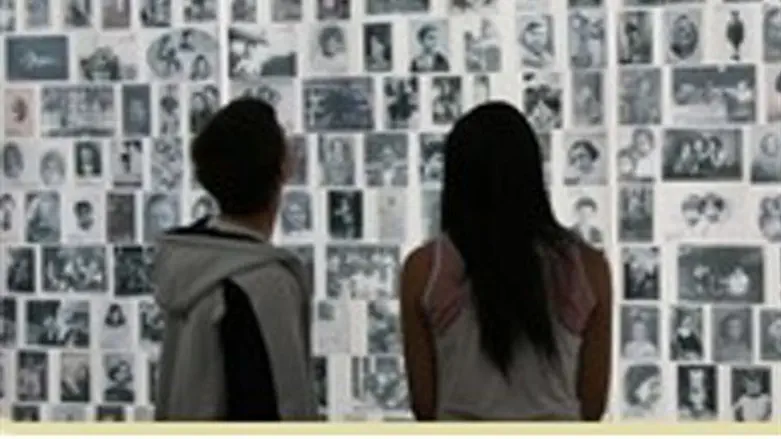
Poland's President Bronislaw Komorowski apologized Sunday in ceremonies that marked the massacre of hundreds of Jews by their neighbors in a village some 190 kilometers (120 miles) northeast of Warsaw.
“Poland can still hear the never-fading cry of its citizens,” Komorowski said in a letter he read at the event in the village of Jedwabne. “Once again, I beg forgiveness.”
The ceremonies took place at a stone monument upon which is engraved in Polish, Hebrew and Yiddish: “In memory of the Jews of Jedwabne and surrounding areas, men, women and children, fellow-dwellers of this land, murdered and burned alive at this site on 10 July 1941.”
Bishop Mieczyslaw Cislo, ranking member of the country's Roman Catholic Church, stood in solidarity as Poland's Chief Rabbi Michael Schudrich recited the Jewish prayers for the dead.
Icchak Levi, a relative who flew in from Israel for the occasion, wept for those lost, as those present placed pebbles on the monument, as one does on a grave stone.
Elan Steinberg, vice president of the American Gathering of Holocaust Survivors and Their Descendants, said in response that the ceremonies were an important step.
“The ceremonies today at Jedwabne is a welcome and important step in the confrontation with the truth by the Polish nation,” Steinberg said in a statement. But he also noted that Jedwabne Mayor Krzysztof Moenke was not present at the event, adding “that much remains to be learned and taught.”
Seventy years ago, dozens of men from Jedwabne rampaged through their village, beating men, women and children to death. Some were burned alive in barns.
A Polish government investigation that closed in 2002 claimed some 300 and 400 Jews lost their lives in the massacre. The official version says the villagers were not the primary perpetrators; they were assisting the Nazis in their genocide of the Jews.
But Polish emigre historian Jan Tomasz Gross contends that some 1,600 were murdered. Gross is the author of “Neighbors,” a book on the subject published in Israel in 2000.